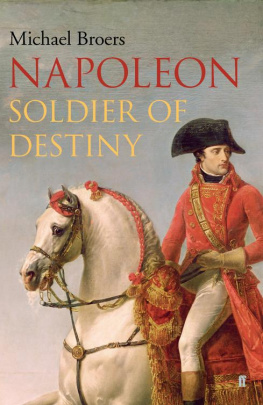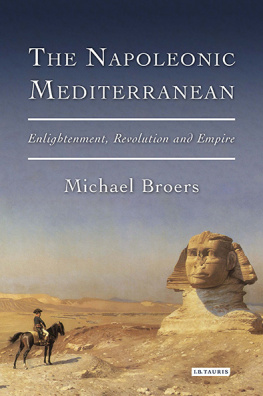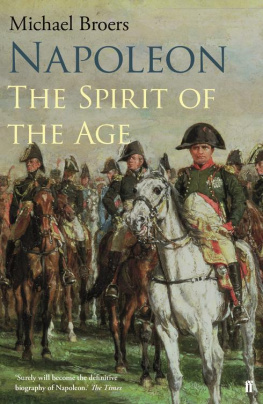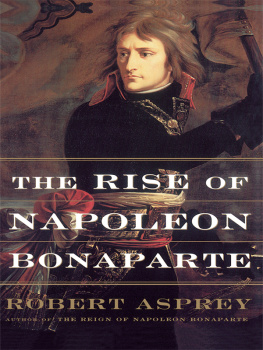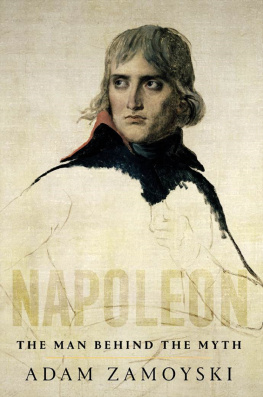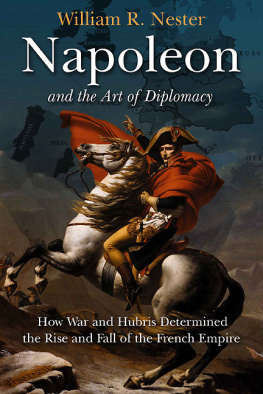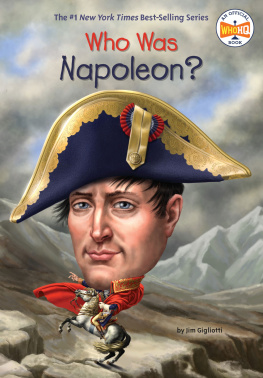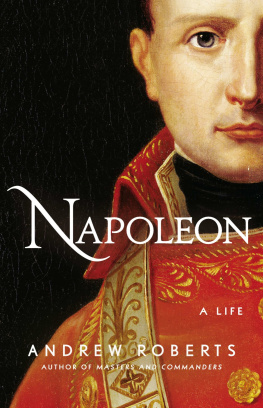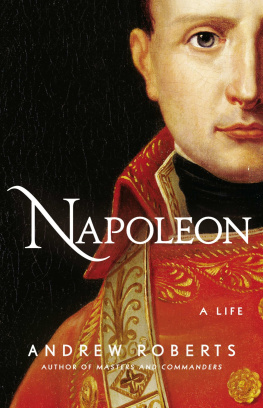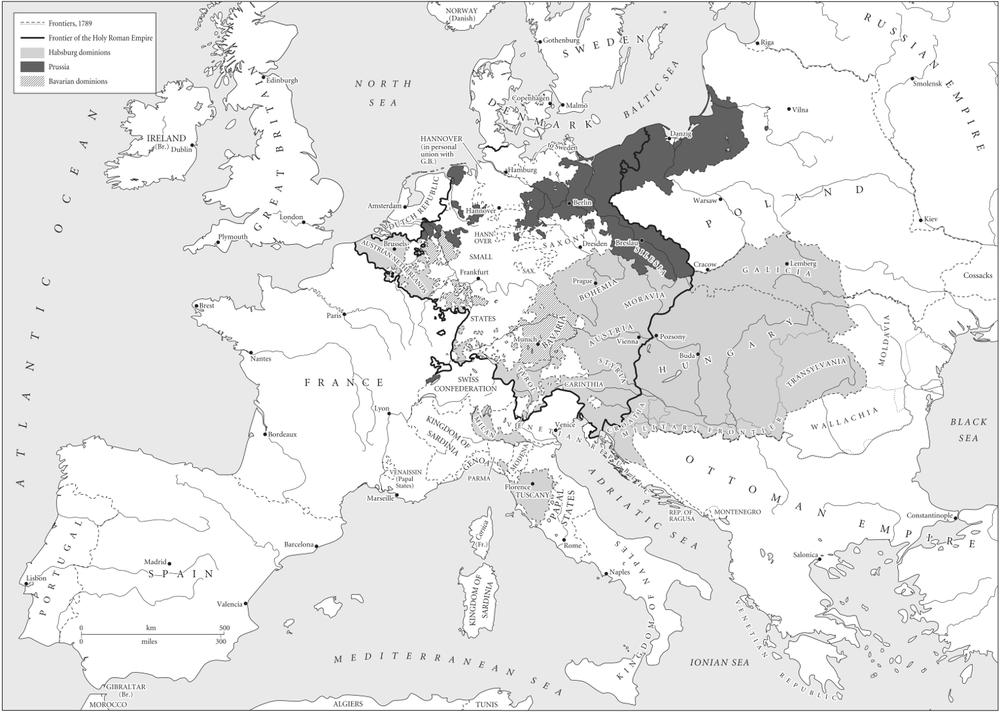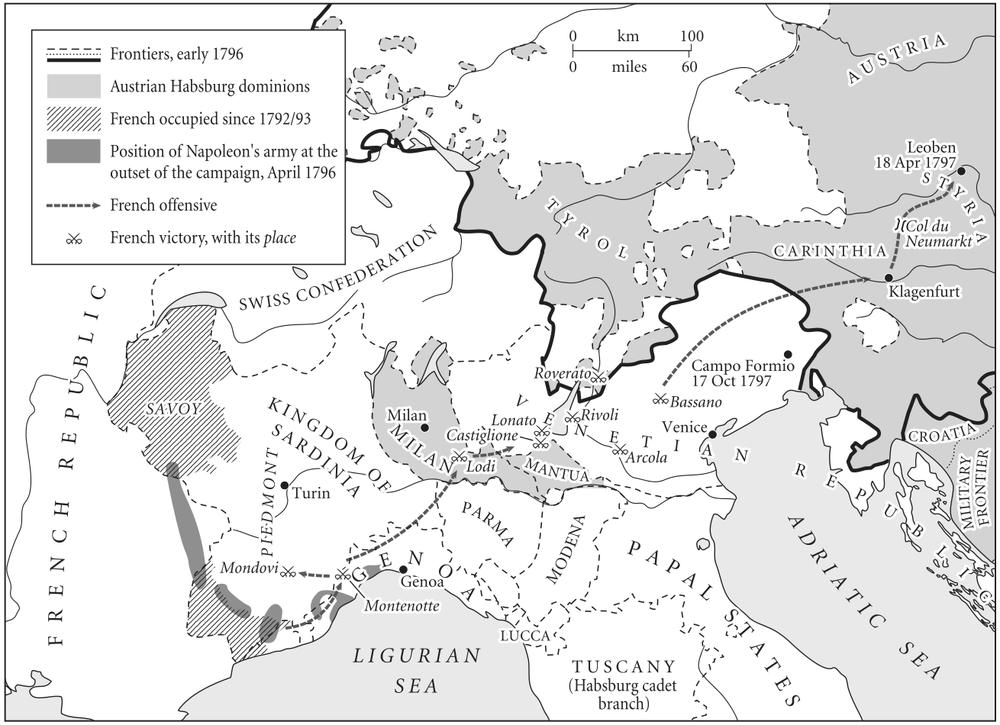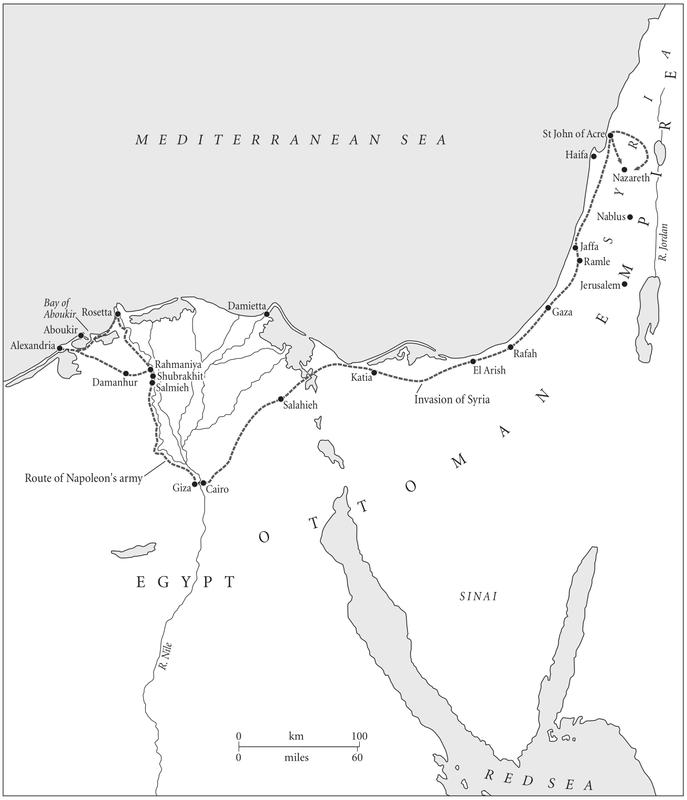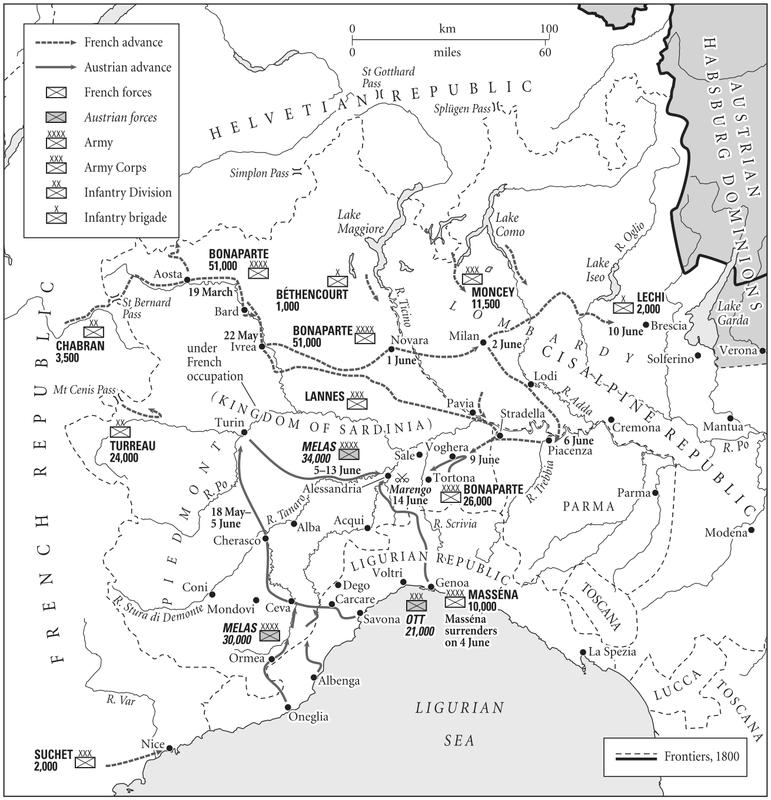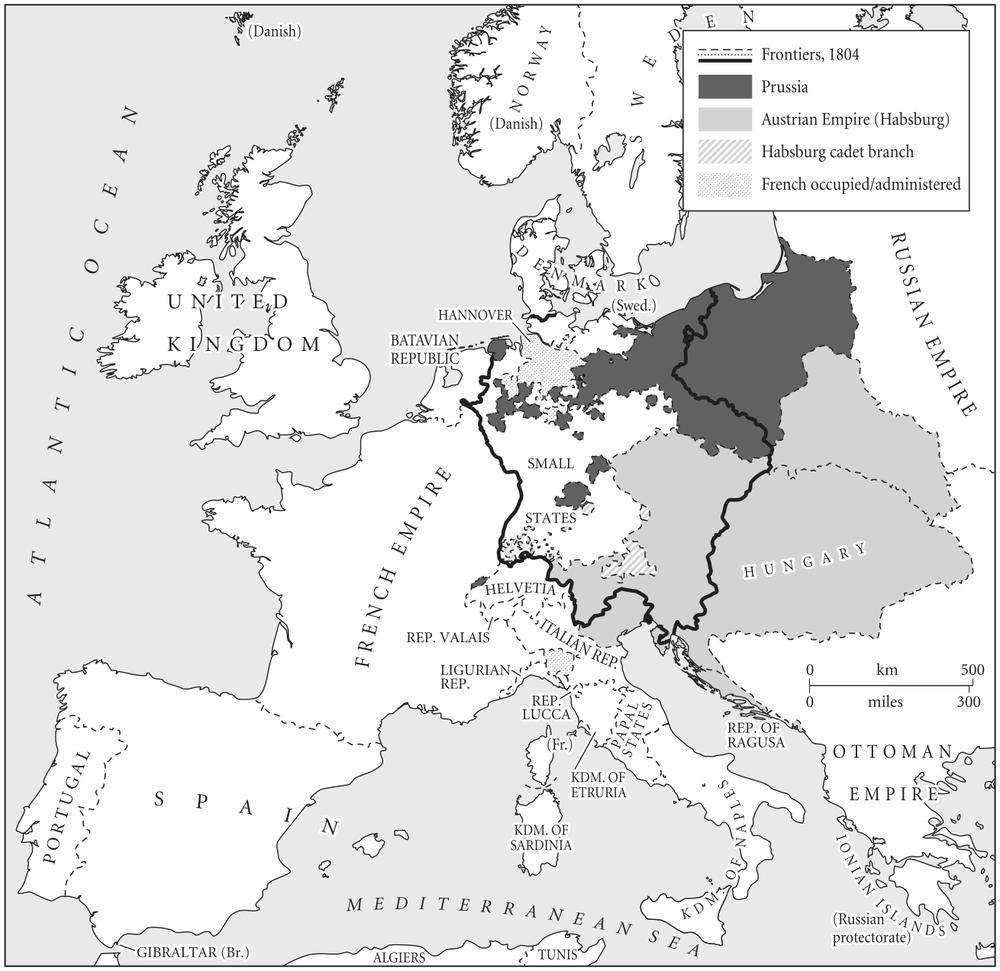Map 4. Napoleons Second Italian Campaign, 1800
Liberty, Equality, Ambition
No, Monsieur the Count, you will not have her you shall not. Because you are a great lord, you think yourself a great genius! Nobility, fortune, rank, office, all this makes you so haughty! What have you done to have so much? You took the trouble to be born, nothing more. For all that, you are but an ordinary man; as much as me, sod it! Lost in an obscure crowd, I have had to use knowledge and every calculation just to survive and you want to fight!
glad only that I could do my duty by him at my own risk. This I did all the time with an honesty and zeal, and a courage which deserved a better reward from him than in the end I obtained He was so incapable of self-control that even on a Saturday, the day on which almost all the couriers left, he could not wait for the work to be finished before going out, and continually urged me to hurry with the royal and ministerial dispatches, which he hastily signed before running off somewhere or other, leaving the majority of the letters without his signature it was necessary that someone should sign them, and I did so myself I endured his slights, his brutality, and his ill-treatment with patience But as soon as I saw he intended to deprive me of the honour I deserved for my good service, I resolved to resign.
The first quotation above is the soliloquy of Figaro, the crafty, highly intelligent and ill-treated factotum of a brutal, dim, Spanish aristocrat, from the 1781 stage play, The Marriage of Figaro, by Alexandre de Beaumarchais. The next excerpt is Jean-Jacques Rousseaus account of his ill-treatment by another silly, arrogant nobleman, the French ambassador to Venice, while Rousseau was his secretary in 1743. It
The eighteenth century had produced reams of serious literature on politics and society that strove to be subversive, propounding visions of new orders and lambasting the status quo, but none matched these two works in the chord they struck with the reading public, as the authorities were quick to spot, for they touched the nerves of many angry men, usually young ones. Louis XVI, the French king, had initially loved Beaumarchais play for the fun it poked at an aristocracy whose obstinate refusal to surrender its independence frustrated him, but his advisers soon pointed out that Figaro made no subtle distinctions when it came to contempt for authority. Mozarts opera, based on the Beaumarchais play, met a similar fate in Vienna, where its performances were soon halted by Joseph II, who was the self-proclaimed most aggressive reforming monarch in Europe, but whose patience was tried beyond the limits by so candid an assault on the basic intelligence of a nobility he, more than Louis, found a nuisance. Beaumarchais knew that the joke was on them all, and that it was dangerous because it sneered back, rather than whined. Indeed, it was a classic example of going beyond a joke. There is swagger in Figaros salvo, an arrogance based on hard fact, more dangerous than any cry of pain. Beaumarchais and Rousseau proposed something that was more dangerous than righteous indignation at the inequalities sustained by aristocratic privilege; they ventured a vision of society that was far more redolent of danger for those in power than a rage at social or economic injustice. This was not the righteous rage of the weak, but the defiance of those set on becoming the new masters. First Figaro, and then Rousseau, dared to say that their masters were not just cruel and callous, but that they were stupid. Next, they asserted that they, the doers, were more intelligent, and that it was simply stupid to obey the stupid.
This was not about dreaming of justice; it was a question of seizing the day.
Awe was yet to come, but that sense of possibility something less ethereal and altruistic than hope, liberty, equality or fraternity burgeoned from the Figaro of Beaumarchais and the Rousseau of the Venice embassy. Men of this stamp were hardly ideologues, and so did not give the new political culture its new language of liberty, but they made it work, and they did so from self-interest based on confidence. Altruism came and went among them, but, as Robert Alexander has said of Napoleon, himself, will and talent are the bedrock of the reputation.
Yet it is no less true that when he rose, all who wished to follow and had the talent to do so, rose with him. This was the Revolution and the new Gospel according to Napoleon. When liberty, equality and fraternity had all frayed at the edges and been left behind by those who invented them, the Revolutions early promise of the career open to talent remained. When Napoleon said possibly that he found the crown of France lying in the gutter, picked it up and put it on, he took revenge for Figaro and Rousseau. All Rousseau could do, as he said, was resign and rail at society with It took a seismic upheaval to make the step from the stage to power attainable for the likes of Figaro. The French Revolution made victory in the public sphere possible for such men, and Napoleon epitomised them. For men of this stamp, the Revolution was less an ideal, than a vehicle; and if its creators did not know how to drive it, any more than those they overthrew knew how to control the old order, there were men who had to use knowledge and every calculation just to survive, who could master the new order. If there was a word Napoleon clung to all his life, it was destiny, and if there is a word that encapsulates him, it is ambition. He gave both to the men of his generation, and their sons, who were prepared to follow him. The liberation brought about by the Revolution whether deliberately, through its liberal legislation, or inadvertently, by the titanic war it unleashed offered the ambitious their opening, but it was Napoleons ambition that turned these individual ambitions into a collective sense of destiny. Destiny was his own, personal, contribution to his generation.

